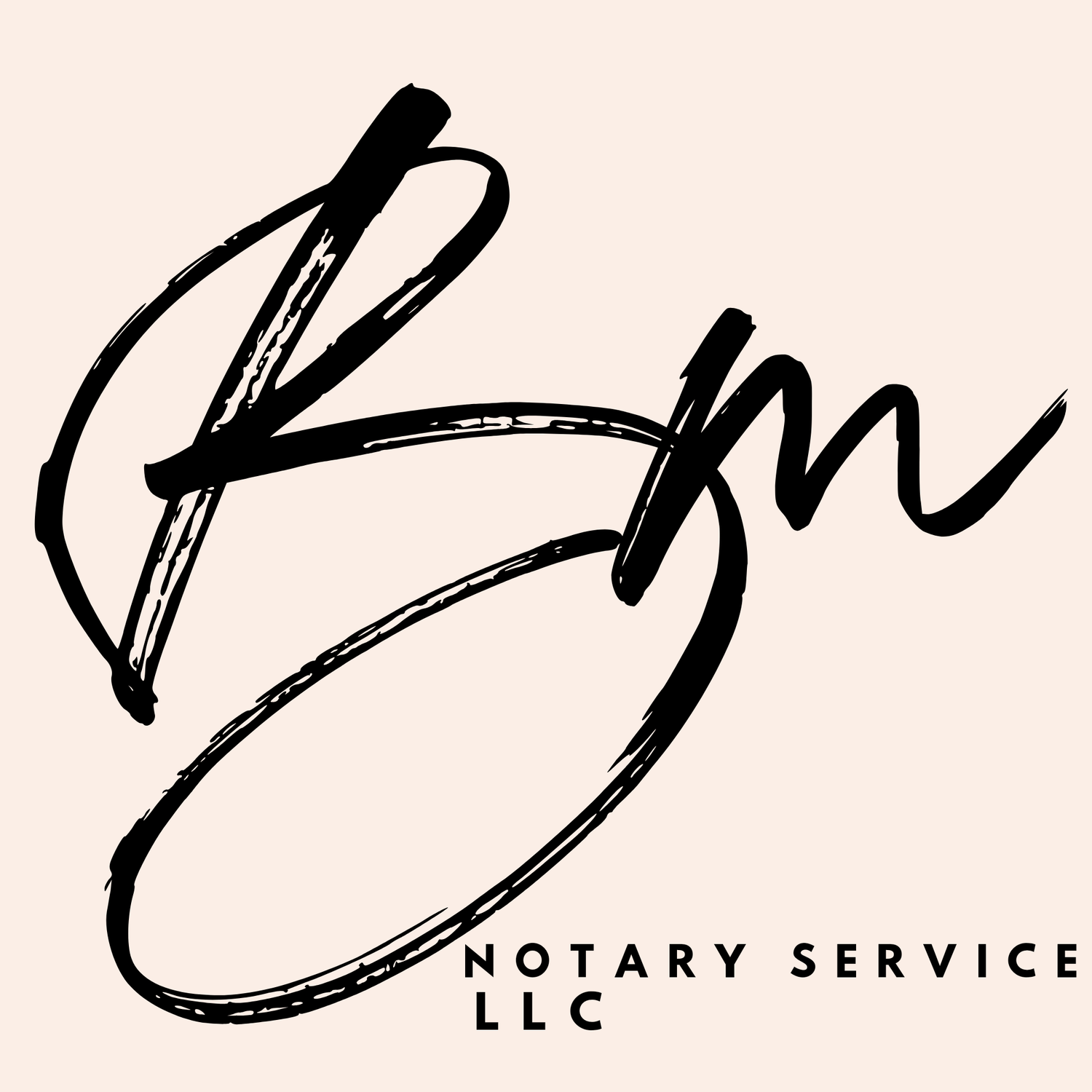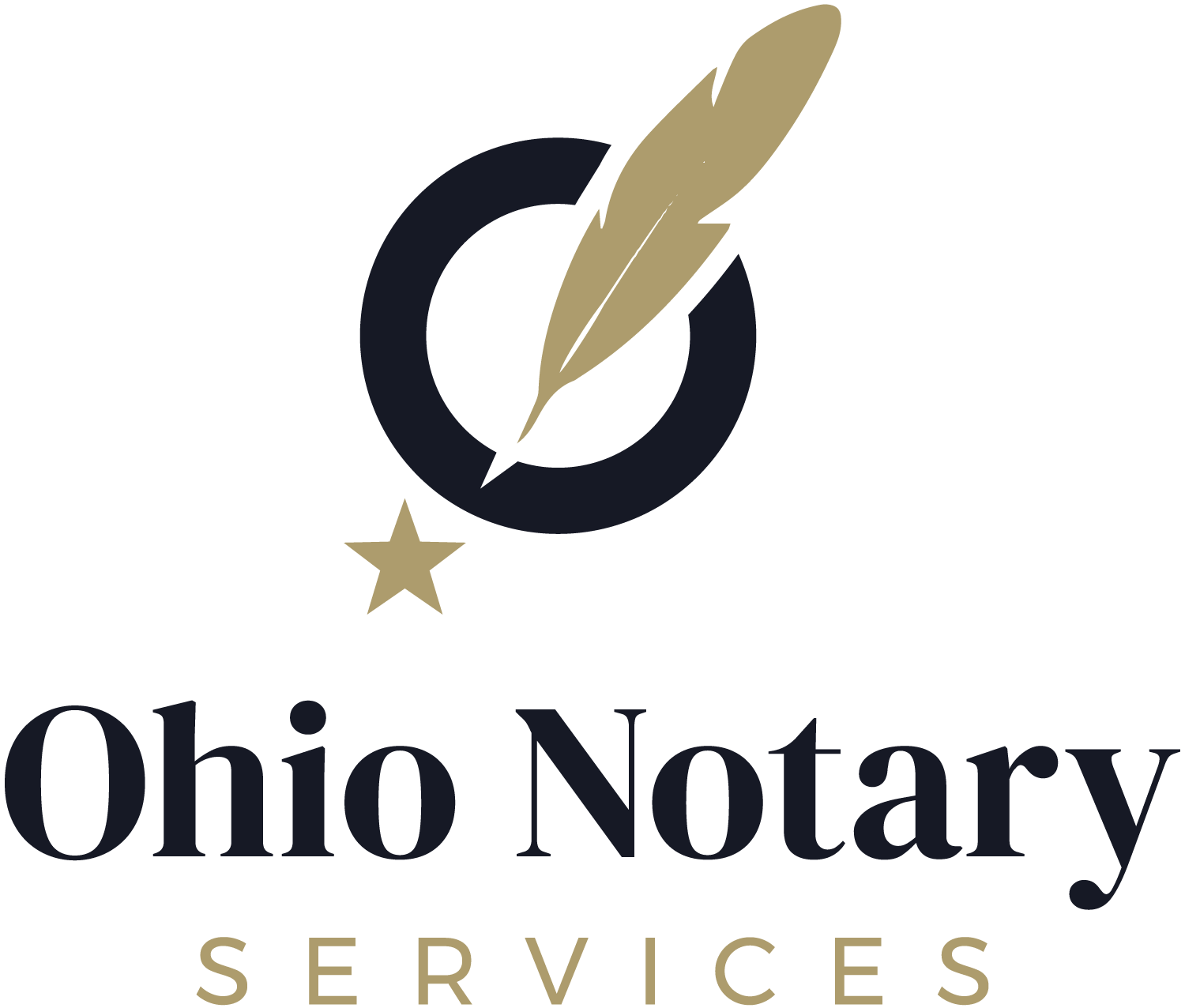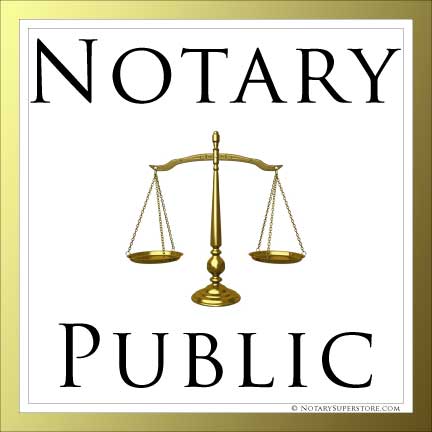Licensed Notary Solutions: Ensuring Legal Credibility and Protection
Licensed Notary Solutions: Ensuring Legal Credibility and Protection
Blog Article
Debunking Notarial Work: Streamlining the Role and Value of Notaries
Their role, frequently shrouded in mystery for many, lugs considerable weight in ensuring the credibility and honesty of essential papers. By unwinding the complexities shedding and bordering notarial methods light on the importance of their acts, a more clear understanding emerges of the vital duty notaries play in upholding the textile of lawful and contractual contracts.
The History of Notarial Job
Exactly how did notarial work evolve in time to end up being an integral component of legal and service deals? The history of notarial job days back to old worlds, where scribes played a crucial function in tape-recording essential details and authenticating files. As societies advanced, the requirement for an extra formalized system to make sure the legitimacy of contracts occurred. This resulted in the advancement of notaries, individuals assigned by the state to work as unbiased witnesses in legal matters.
Throughout the Center Ages, notaries acquired prominence in Europe, with their features increasing to consist of composing lawful files, accrediting trademarks, and protecting records. The surge of global trade further stressed the importance of notarial operate in confirming agreements and arrangements across borders.
In the contemporary period, notaries remain to play an essential function in lawful and business purchases by confirming identifications, confirming the authenticity of files, and protecting against fraud. Their role in licensing the validity of contracts adds a layer of security and trust fund to the ever-evolving landscape of commerce and legislation.

Responsibilities and Duties of Notaries
The historical evolution of notarial work from ancient civilizations to the contemporary age has actually formed the unique duties and responsibilities that notaries promote in legal and company transactions today. Notaries play an important function in verifying the authenticity of documents and the identification of signatories. One of their primary obligations is to witness the finalizing of essential records, such as agreements, wills, and deeds, to guarantee that all events are entering into arrangements knowingly and voluntarily. Notaries likewise confirm that signatories are of audio mind and not under duress or coercion.
Additionally, notaries are tasked with carrying out affirmations and vows, which are important in lawful process and the execution of sworn statements. They certify copies of initial files, offering assurance to establishments that the duplicates are true replicas of the originals. Notaries must maintain precise documents of all deals they look after to ensure transparency and accountability. Overall, the responsibilities and responsibilities of notaries are necessary in guarding the honesty and legitimacy of numerous records and deals.
Notarial Certificates and Signatures
Exhibiting careful attention to detail, notarial certificates and signatures offer as necessary elements in confirming the credibility of legal files. Notarial certificates their explanation normally have essential info such as the date of notarization, the names of the signatories, a summary of the paper, and the notary's official seal. These certificates offer a clear record of the notarial act, making certain that the record can be conveniently recognized and mapped back to the notary who oversaw the process.
Signatures play a pivotal function in notarial work, as they indicate the arrangement and approval of the parties involved. Notaries carefully witness the finalizing of documents to confirm the identification of the signatories and verify that they are signing of their very own free choice. By affixing their main seal and trademark to the document, notaries certify that the required treatments have actually been adhered to which the record is legitimate and enforceable.
Fundamentally, notarial certifications and signatures are the trademark of credibility in lawful deals, providing guarantee to all events included that the files are legit and binding.
Value of Notarial Acts

Registration Process Explained
The notarization process generally begins with the individual presenting the file to a notary public. Once the identity is confirmed, the notary guarantees that the private authorizing the file does so voluntarily and without any threat.

Conclusion

Notarial certificates normally have important information such as the day of notarization, the names of the notaries, a description of the document, and the notary's official seal. These certifications offer a clear record of the notarial act, making certain that the paper can be quickly identified and traced back to the notary who oversaw the procedure.
By fastening their official seal and trademark to the record, notaries certify that the needed treatments have been adhered to and that the record is enforceable and valid.
By validating the identification of the signatories, validating their willingness to enter into the contract, and accrediting the date and location of the finalizing, notaries play an important duty in promoting the legitimacy of lawful papers.After the file is authorized, the notary will affix their official seal or stamp onto the file.
Report this page